With the growing complexity of diseases and an increasing need for effective, safe treatment, research into new therapeutics has the potential to address unmet medical needs across the globe. Collaborative, multidisciplinary research is key to solving these complex problems, involving researchers from all sectors including academia and industry. Those involved bring together an impressively diverse range of skills and expertise.
The RSC’s new Horizon Prizes recognise groups, teams and collaborations for their recent discoveries or advances in the chemical sciences, with every team member who contributed to the work being recognised as part of the prize.
In this hour-long webinar, we hear from representatives from two Horizon Prize winning teams, who speak about their team’s research on the following topics:
A∙WOL antifilarial drug discovery team: Lymphatic filariasis (elephantiasis) and onchocerciasis (river blindness) cause severe disability and affect more than 117 million people globally. These tropical diseases are caused by long-lived filarial worms which rely on the bacteria Wolbachia. The team was the first to show that targeting Wolbachia with the doxycycline leads to the permanent sterilisation of adult female parasites and the death of the adult worm, with their collaborative research leading to a synthetic drug candidate.
In-cell organometallic redox catalysis: The team developed the catalysts of redox reactions in cancer cells by synthetic organic complexes, showing that synthesised catalysts containing precious metals can catalyse reactions of biological importance and with control over the chirality of the products. The catalysts were also shown to function within cancer cells, and triggered high anticancer potency for ruthenium- and osmium-based catalysts.
Speakers
W David Hong
W David Hong is a senior lecturer in the Department of Chemistry at the University of Liverpool, UK. David’s research is focused on early-stage drug discovery for infectious diseases, including malaria, tuberculosis, antibacterial infections and neglected tropical diseases, such as lymphatic filariasis and onchocerciasis. In addition to drug discovery, David has a strong interest in developing chemical probes for chemical biology and target identification, and in developing insecticides for vector control.
James Coverdale
James Coverdale is a chartered chemist and assistant professor in pharmaceutical biology at the University of Birmingham, UK, where his team are developing new metalloproteomic and elemental mass spectrometry techniques to study the subcellular fate of catalytic anticancer metallodrugs in cells. James was part of the team awarded a Royal Society of Chemistry Dalton Horizon Prize in 2022 and more recently has received the 2024 Royal Society of Chemistry Spectroscopy Award for his contribution to the field.
About the Horizon Prizes
The RSC’s Horizon Prizes are currently open for nominations, and will close on 14 January 2025, 17:00 GMT. The prizes are awarded to groups, teams and collaborations of any form or size and from any sector. The Prizes recognise recent discoveries, breakthroughs and advances in the chemical sciences. Each and every individual who contributes to the prize-winning work is recognised as part of the prize.
Horizon Prizes are the newest addition to the RSC Prize family, launched in late 2020 as an important part of the RSC’s journey to make the ways scientific excellence in our community is rewarded and recognised fit for the way science is carried out today.
As part of the prize, winning teams also get the opportunity to work with professional science communicators to develop a short video showcasing their prize-winning work.
For more information, see our website.

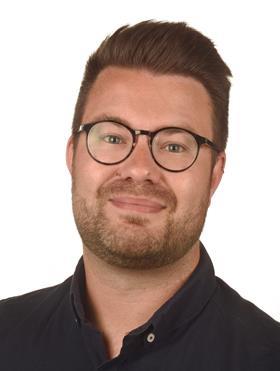





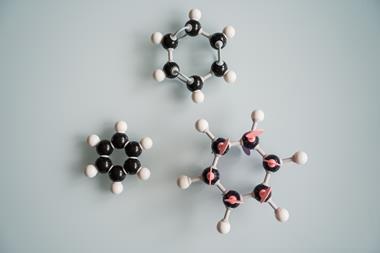

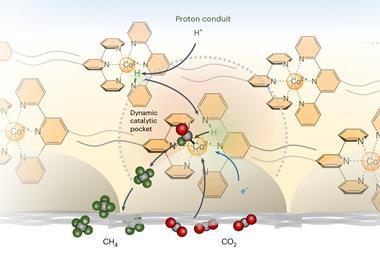




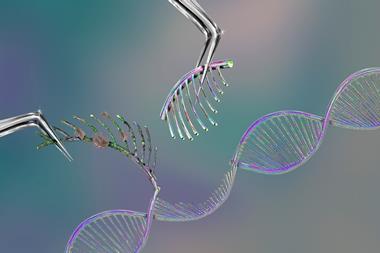
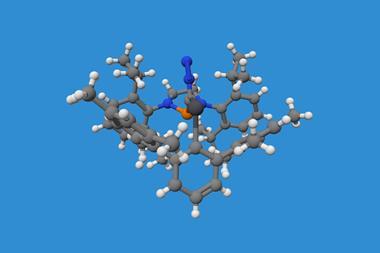
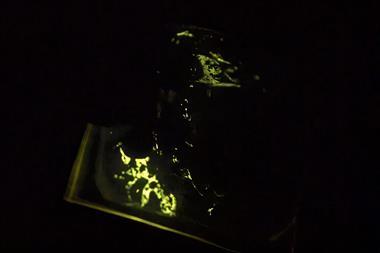





No comments yet